Russia says disables Ukraine’s Starokostiantyniv air base with long-range weapons
Russia says it has struck and disabled Ukraine’s Starokostiantyniv military air base with long-range high-precision weapons as their conflict continues for an 11th day.
“The Russia armed forces continue to strike the military infrastructure of Ukraine," Russian Defense Ministry spokesman Igor Konashenkov said on Sunday.
Konashenkov said the Russian military had destroyed a Ukrainian-controlled S-300 missile system and downed 10 Ukrainian planes and helicopters over the past 24 hours.
Ukraine's President Volodymyr Zelensky warned Russian forces are preparing to shell Odessa, a historic port city on the Black Sea coast.
Russian forces have made progress in southern Ukraine since their February 24 "special military operation", overrunning the city of Kherson and besieging the port of Mariupol, but Odessa has so far been largely spared.
The city council of Mariupol said it will begin efforts to evacuate its civilian population, after earlier efforts failed due to ceasefire violations, with both sides trading blame.
An earlier attempt on Saturday to allow civilians to leave by buses and private cars along the road northwest towards Zaporizhzhia failed when both sides accused the other of shelling.
According to aid agency Doctors Without Borders (MSF) the humanitarian situation in Mariupol is "catastrophic" with no power or water in civilian homes.
If Russian forces succeed in capturing Mariupol, they will control Ukraine's entire Azov Sea coast.
This would give them a landbridge from Russia to Crimea and an important supply route and port if they decide to push north in a bid to take all of eastern Ukraine.
More than 559 people were detained at protests on Sunday in 21 cities across Russia against the war, according to an independent Russian-based protest monitor.
Kiev pressed for further Western help, including more sanctions and weapons. The US said it is working on a deal with Poland to supply Ukraine with Soviet-era warplanes to boost its air force capabilities.
The White House said it was negotiating with Poland and consulting other NATO allies but that there were “a number of challenging practical questions, including how the planes could actually be transferred from Poland to Ukraine.”
US Secretary of State Antony Blinken said the United States was "working actively" to send planes to Poland if Warsaw decides to send fighter jets to Ukraine.
"Can't speak to a timeline but I can just say we're looking at it very, very actively," he told reporters during a visit to Moldova Sunday.
Zelensky had addressed almost 300 US lawmakers by video call on Saturday, pleading for further funding, a no-fly zone over his country, and an embargo on Russian oil imports.
Russian President Vladimir Putin spoke of "colossal and catastrophic consequences not only for Europe but also the whole world" if such a step was taken.
"Any movement in this direction will be considered by us as participation in an armed conflict by that country," Putin said.
Hitting out at stiffening Western sanctions, the Russian leader said: "A lot of what we're coming up against right now is a way of waging war against Russia.
"The sanctions against Russia are akin to a declaration of war. But thank God we're not at that point yet."
Putin also dismissed rumors that the Kremlin was planning to declare martial law in Russia.
Turkish President Tayyip Erdogan spoke by phone with Putin on Sunday and discussed the war in Ukraine, the RIA news agency reported.
Zelensky also announced that he spoke by phone with his US counterpart Joe Biden to discuss financial support and sanctions against Russia.
"The agenda included the issues of security, financial support for Ukraine and the continuation of sanctions against Russia," Zelensky tweeted.
Hours earlier, US lawmakers promised an additional $10 billion aid package, but the White House has so far balked at an oil ban, fearing it would hike prices and hurt American consumers already stung by record inflation.
Washington last week authorized $350 million of military equipment for Kiev -- the largest such package in US history.
Meanwhile, British Prime Minister Boris Johnson's office said he is to launch an international "plan of action" to ensure Russia's military operation in Ukraine fails.
Russian forces have been inching closer to the capital Kiev. A defiant Zelensky said Saturday that Ukrainian forces were counterattacking around Kharkiv, the country's second-largest city, inflicting "such losses on the invaders that they have not seen even in their worst dream".
Foreign Minister Dmytro Kuleba was equally defiant, saying, "Ukraine is bleeding, but Ukraine has not fallen, and stands both feet on the ground... The myth of the unbeatable and almighty Russian army is already ruined."
The economic and humanitarian toll of the war has spiraled and officials have reported hundreds of civilians killed. Weapons, ammunition and funds have poured into Ukraine from Western allies.
UN: Over 1.5 million refugees have fled
The United Nations said the number of people fleeing Russia's invasion of Ukraine has topped 1.5 million, making it Europe's "fastest growing refugee crisis" since World War II.
"More than 1.5 million refugees from Ukraine have crossed into neighboring countries in 10 days -- the fastest growing refugee crisis in Europe since World War II," it said in a statement on Twitter.
French Interior Minister Gerald Darmanin urged Britain to do more to help Ukrainian refugees stuck in the French port of Calais, saying British officials were turning many away due to not having the necessary visas or paperwork.
"I have twice contacted twice my British counterpart, I told her to set up a consulate in Calais," Darmanin told Europe 1 radio, referring to British Home Secretary Priti Patel.
Darmanin said hundreds of Ukrainian refugees had arrived at Calais in the last few days, hoping to join family in the UK, but that many had been turned away by British officials and told to obtain visas at UK consulates in Paris or Brussels.
Darmanin and Patel have clashed in the past over how France and Britain tackle the issue of migrants - many from Africa and the Middle East - risking their lives by crossing the English Channel in makeshift dinghies.
Last November, 27 migrants died when they tried to cross the English Channel in a dinghy.
‘Ghost town’: 70% of Jabalia buildings destroyed by Israel
Mother’s Day: Sareh Javanmardi’s inspiring journey as Paralympic champion and mother
Russia downs over 40 Ukrainian drones as Putin vows 'destruction' on Kiev
VIDEO | Yemen: A bone in Israeli neck
D-8’s role in Iran’s economy after Cairo summit
China slams US as ‘war-addicted’ threat to global security
China ‘firmly opposes’ US military aid to Taiwan
VIDEO | Press TV's News Headlines


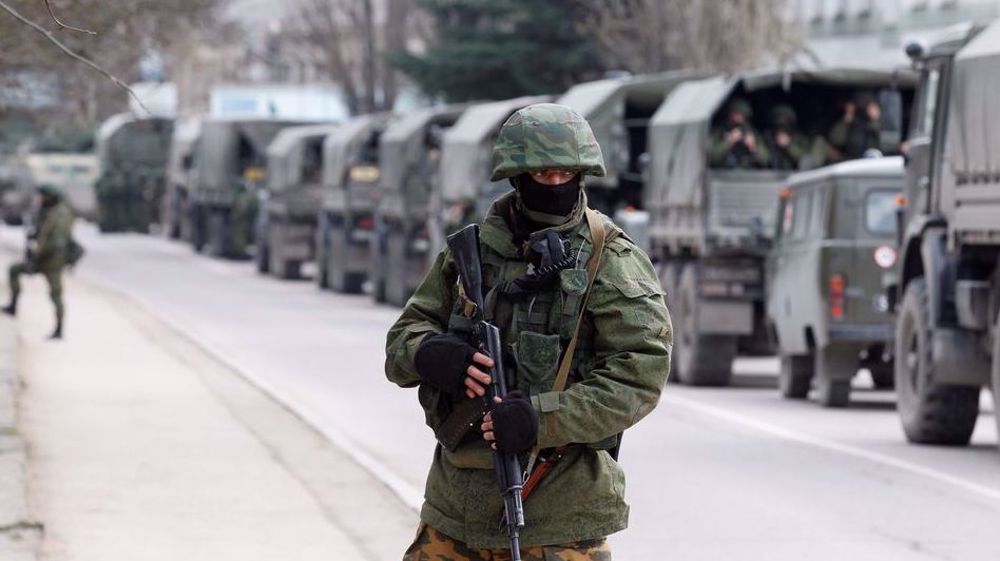
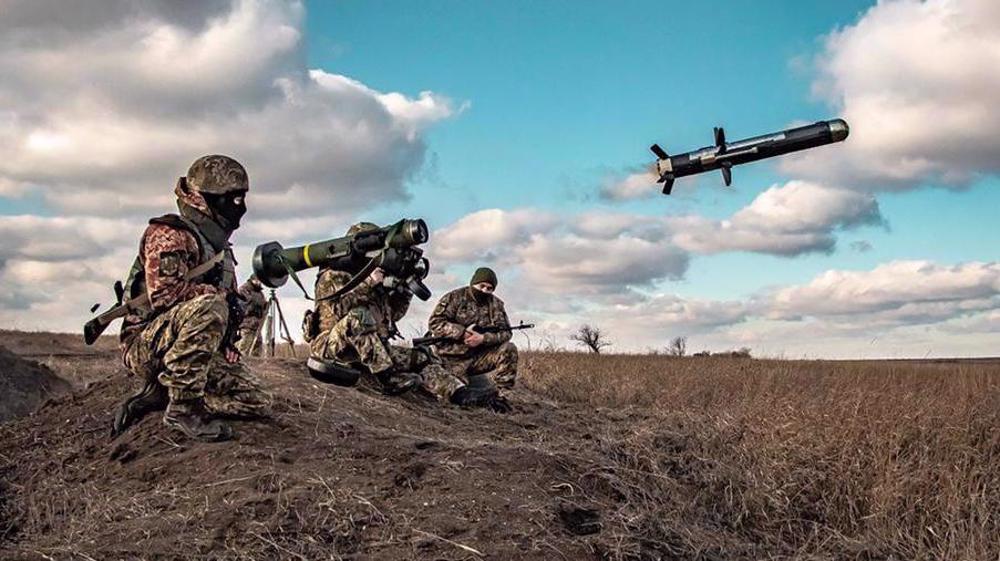
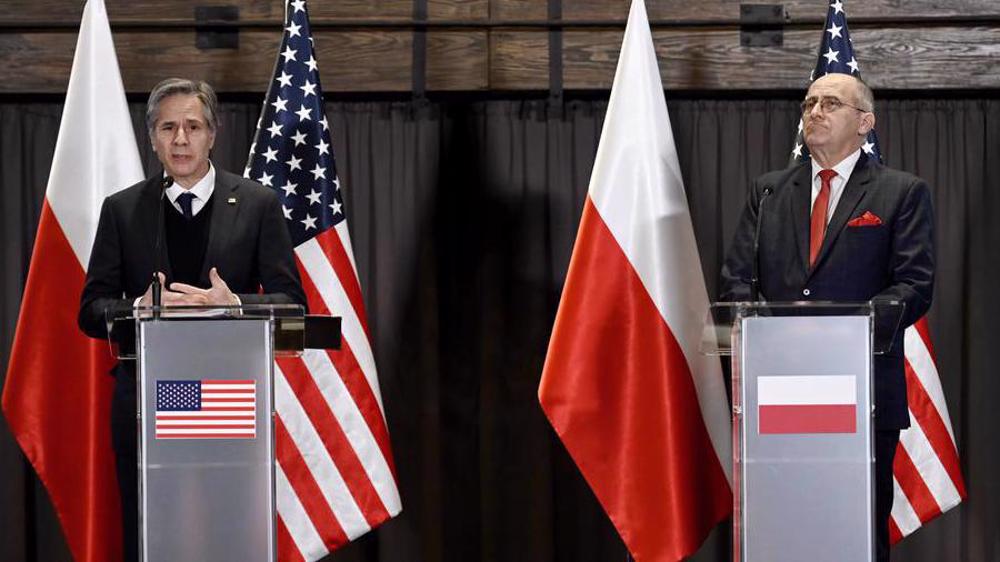






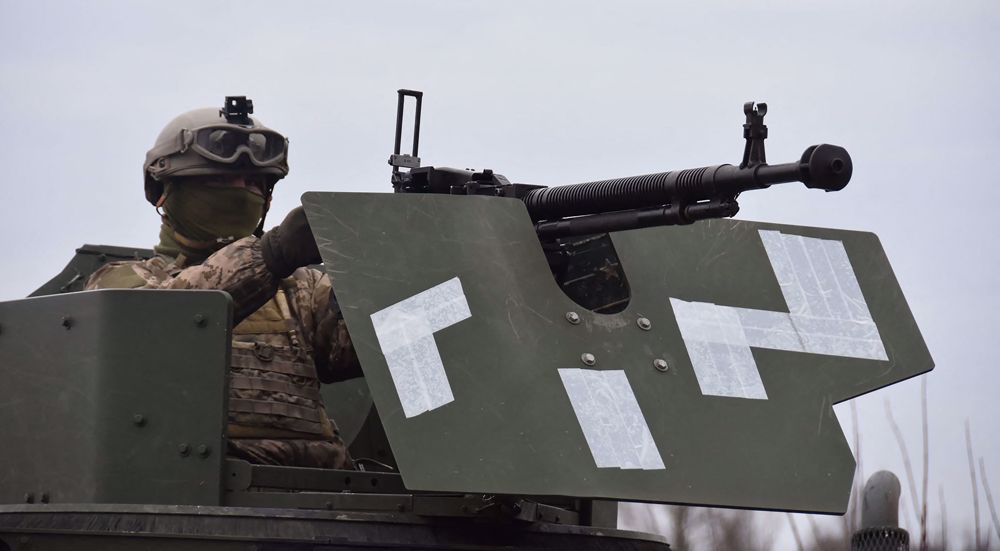
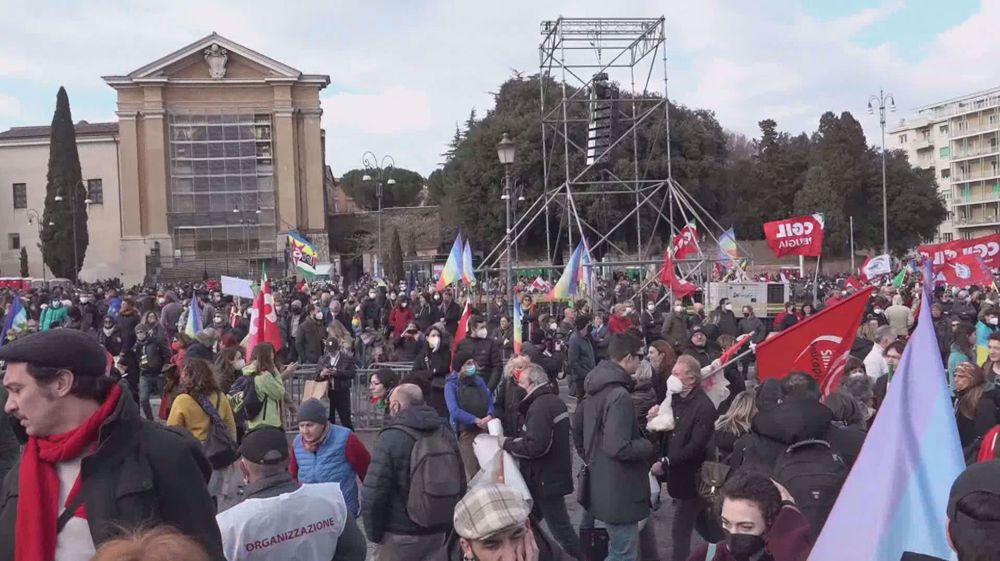
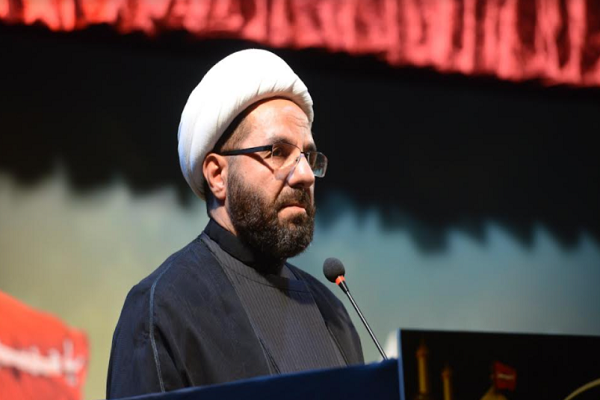
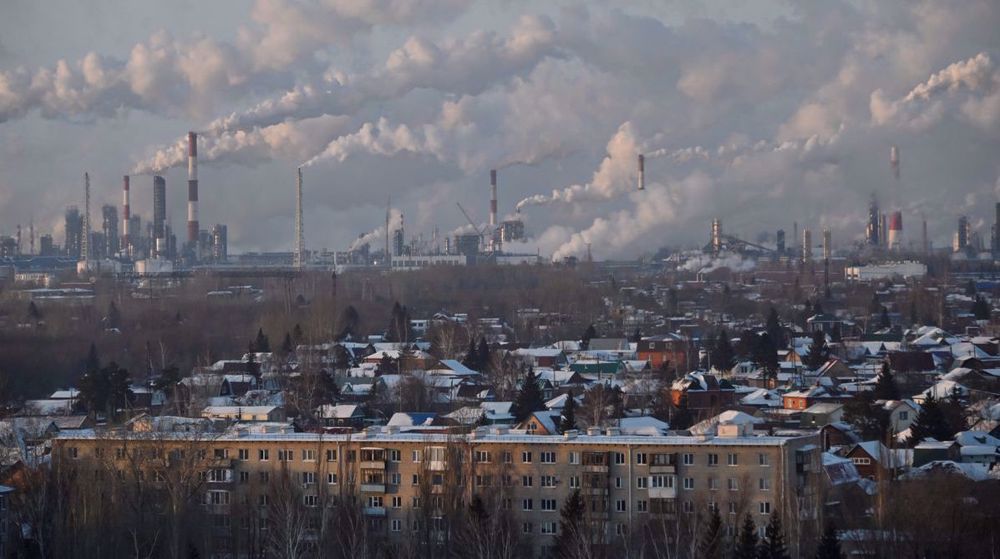

 This makes it easy to access the Press TV website
This makes it easy to access the Press TV website